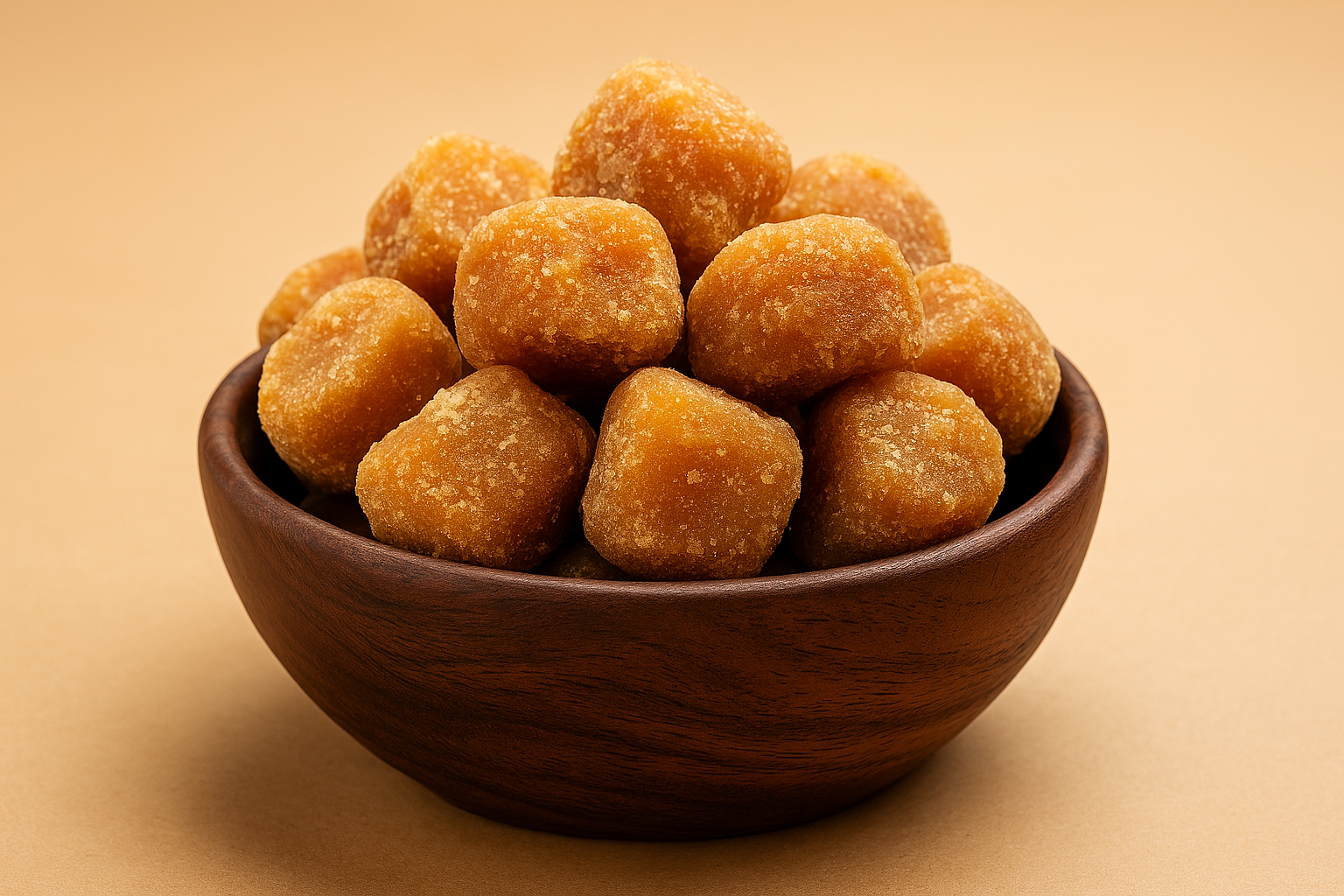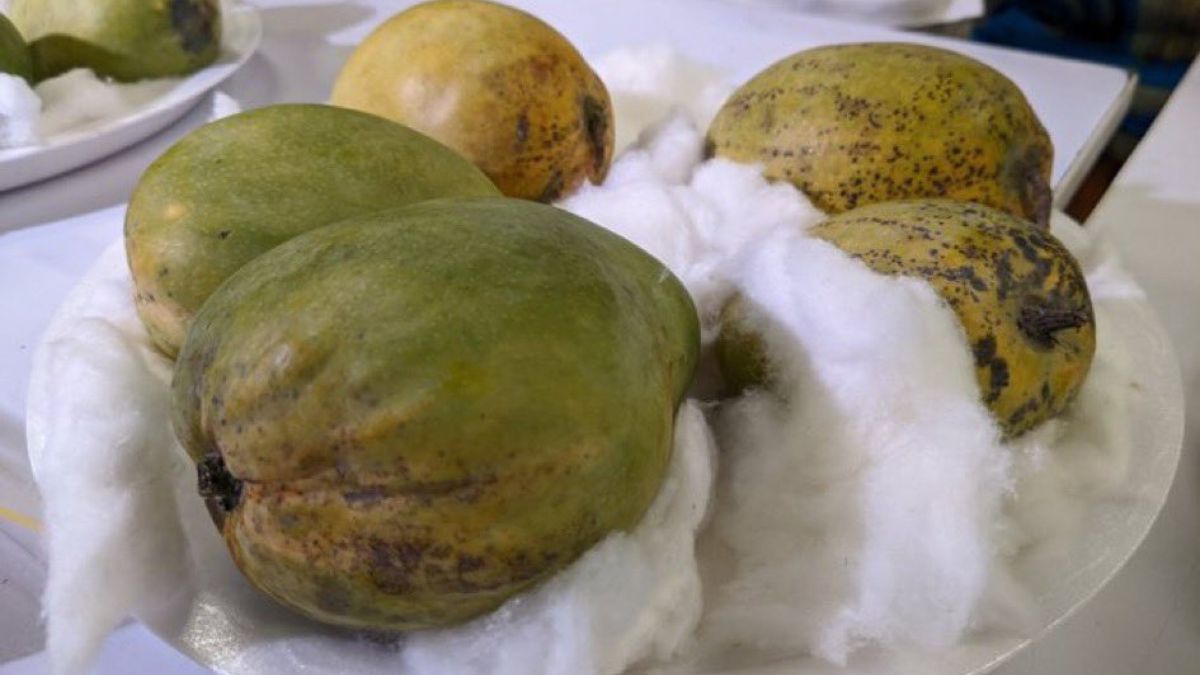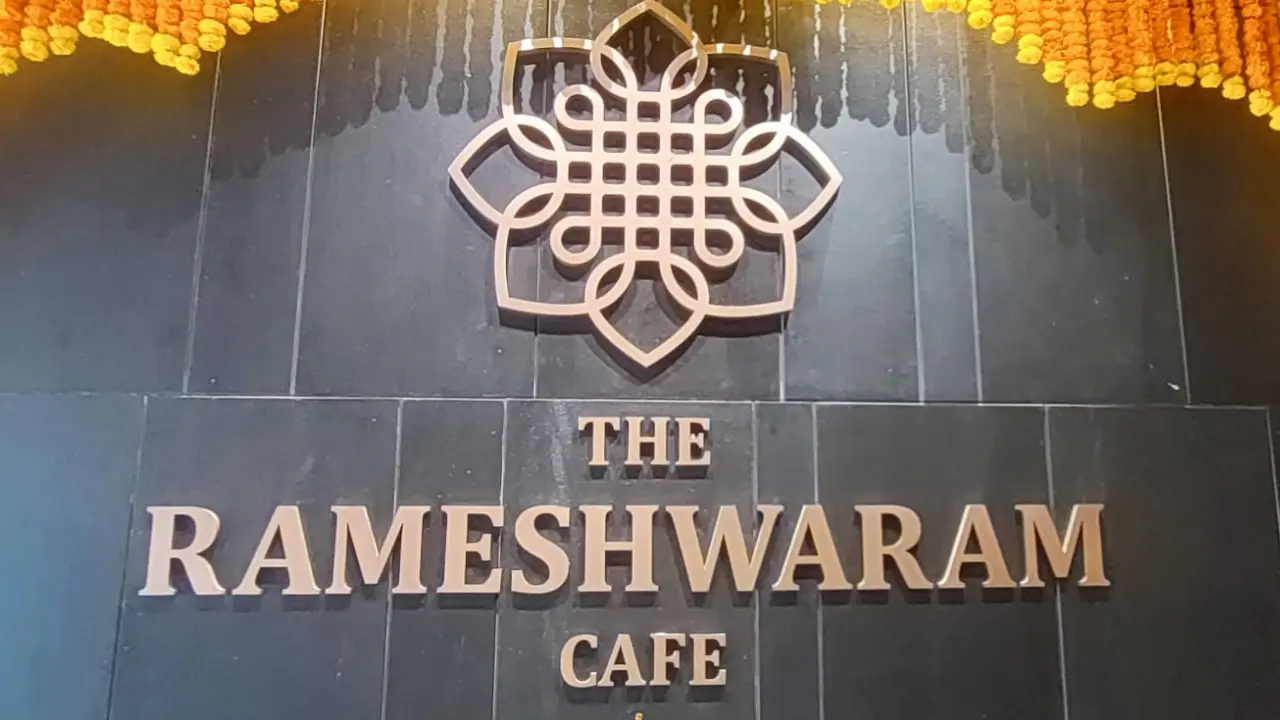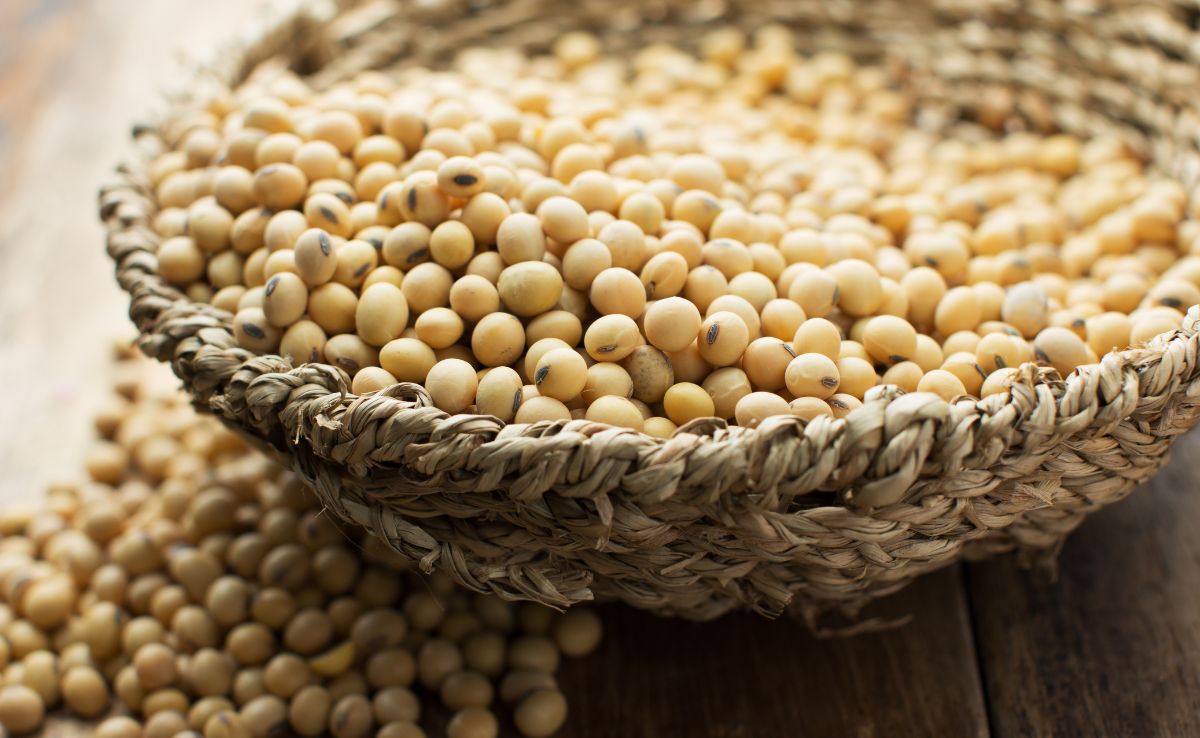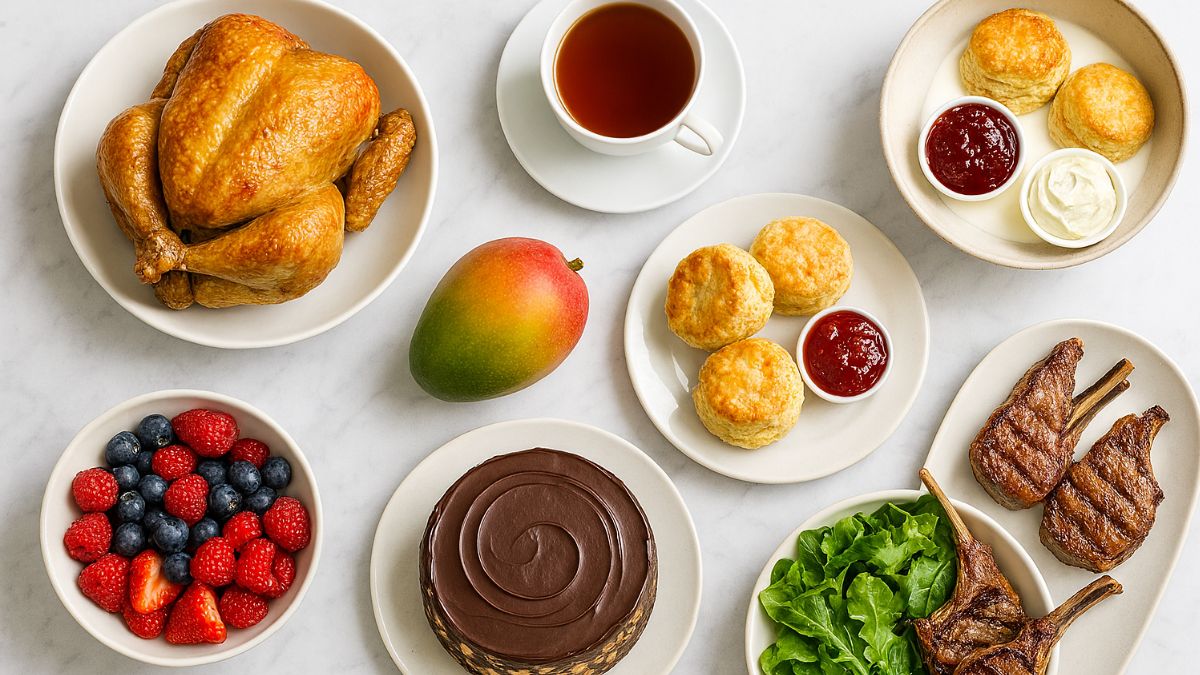Paneer holds an important place in Indian kitchens. It's a trusted source of protein and comfort. In recent times, a troubling trend has emerged across the country: the rise of fake or analogue paneer. Made with cheap substitutes instead of pure milk, this imitation product not only compromises taste and nutrition but may also pose serious health risks. In the article below, we have outlined some key facts and tips that every consumer needs to know before buying their next block of paneer. We have also included an informative video (which went viral on social media recently) that sheds light on which types of paneer may be safe to consume.
What Is Fake Paneer Or Analogue Paneer?
Fake paneer, also known as analogue paneer, is a product made to resemble traditional paneer but without using pure milk or milk fat. Instead, it is often prepared with vegetable oils, starches, synthetic coagulants, and milk solids to mimic the texture and appearance of real paneer. While the end result might look similar, the nutritional quality is drastically different. Authentic paneer is a rich source of high-quality protein, calcium, and healthy fats, whereas imitation versions provide little nutritional value and may contain harmful trans fats or additives.
Also Read: 5 Easy Tests To Check Chilli Powder Purity At Home
Why Fake Paneer Is A Growing Concern
The primary reason behind the rise of fake paneer is cost-cutting. Pure milk is expensive, and during times of high demand or milk shortages, some manufacturers resort to cheaper substitutes to boost profit margins. According to reports from food safety authorities, such imitation products often surface in unregulated local markets, bulk catering units, and roadside food establishments.
Improperly processed analogue paneer can contain non-edible oils or chemical whiteners, which are unsafe for consumption and can lead to digestive issues, food poisoning, or long-term health complications.
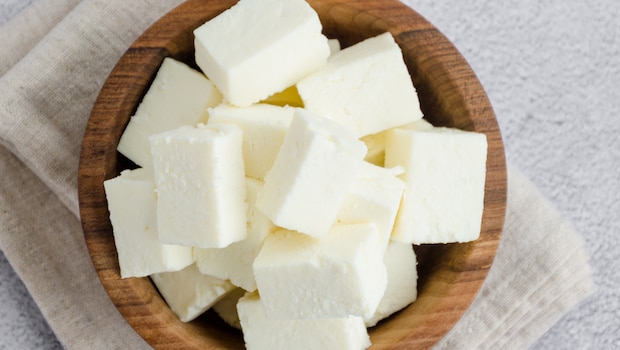
Fake paneer can lead to several health problems. Photo Credit: iStock
Health Risks Linked To Fake Paneer
Consuming fake paneer regularly can have several harmful effects:
- Digestive problems: Artificial coagulants and non-edible fats can cause stomach cramps, acidity, or nausea.
- Heart health concerns: Vegetable fats used in imitation paneer may contain trans fats, known to increase cholesterol levels and raise the risk of cardiovascular disease.
- Chemical exposure: Some adulterants and whitening agents are non-food-grade chemicals, which can harm your body in different ways.
- Nutrient deficiency: Unlike real paneer, analogue paneer lacks essential nutrients, vitamins and minerals.
Is Branded, Packaged Paneer Safe To Consume?
Food and health content creator Revant Himatsingka, popularly known as 'Food Pharmer', recently shared a detailed post about fake paneer. In the now-viral video, he explains how he checked different types of paneer to verify if they are the real deal or not. He collected 11 paneer samples and sent them for laboratory testing. In the category he named "Normal Branded Paneer," he tested Amul Fresh, Amul Malai, Gowardhan and Humpy A2 paneer. As per the results, all of them passed the food safety test. In the "High-Protein, Low-Fat Paneer" category, he selected ID High Protein, Milky Mist and Desi Farms paneer for testing. They also didn't raise any red flags in the lab.
The next range of samples included paneer from street food sources. The video shows brief clips from their interactions with unidentified vendors, who claimed that their paneer is made of 100% milk. The lab results contradicted them, as the three samples selected - Paneer 65, Paneer Crispy and Paneer Tikka - failed the food safety test done in the lab. Additionally, Revant Himatsingka explained that certain samples taken from local dairies also didn't meet the required standards.
These results suggest that specific branded paneer products are likely safer to consume than street food paneer. Not all local dairies can be trusted, either. Watch the complete video below:
How To Identify Fake Paneer (Without Lab Testing)
Distinguishing fake from real paneer can be tricky for a common consumer, but a few simple checks may help:
- Texture Test: Real paneer is soft yet firm, while fake paneer tends to feel rubbery, overly smooth, or greasy.
- Smell and Taste: Authentic paneer has a mild milky aroma and flavour. A strong oily or synthetic smell may indicate adulteration.
- Hot Water Test: Drop a small piece in hot water. Real paneer will remain intact and soft, while fake paneer may dissolve or leave an oily film on the surface.
- Burn Test: When lightly heated, real paneer emits a milk-like smell; imitation paneer often gives off a plastic-like odour.
Consumers can verify the authenticity of packaged paneer by checking for:
- A valid FSSAI license number on the label.
- Manufacturing and expiry dates are clearly printed.
- The product is being stored properly under refrigerated conditions (below 8 degrees C).
Also Read: Is It Safe To Eat Cold Leftover Food Straight From The Fridge?
Tips For Safe And Smart Buying
- Buy from trusted dairies or reputed brands that maintain proper hygiene and quality control.
- Avoid extremely low-priced paneer, especially in open markets. If the price seems too good to be true, it probably is.
- Check packaging and storage carefully. Paneer should always be kept refrigerated and sold in sealed, labelled packs.
- Consider making paneer at home using pure milk.
- Report suspected cases to local food safety authorities.
Paneer is one of India's most beloved foods, but its purity shouldn't be taken for granted. With the growing prevalence of imitation products, consumers need to stay vigilant. By knowing how to identify authentic paneer and buying only from reliable sources, households can enjoy this nutritious staple safely.
